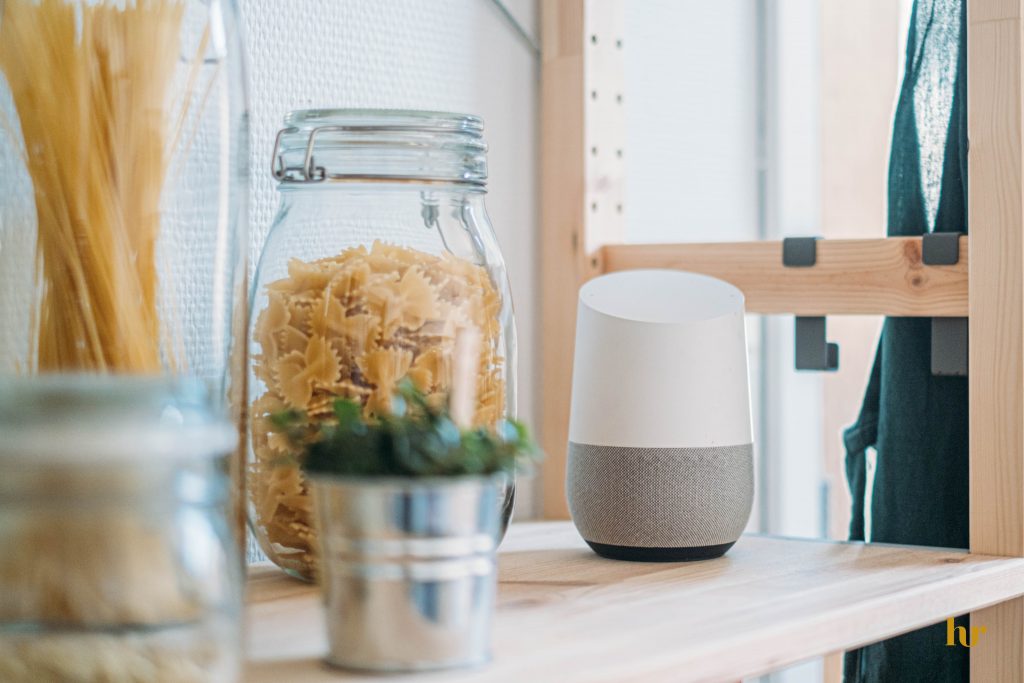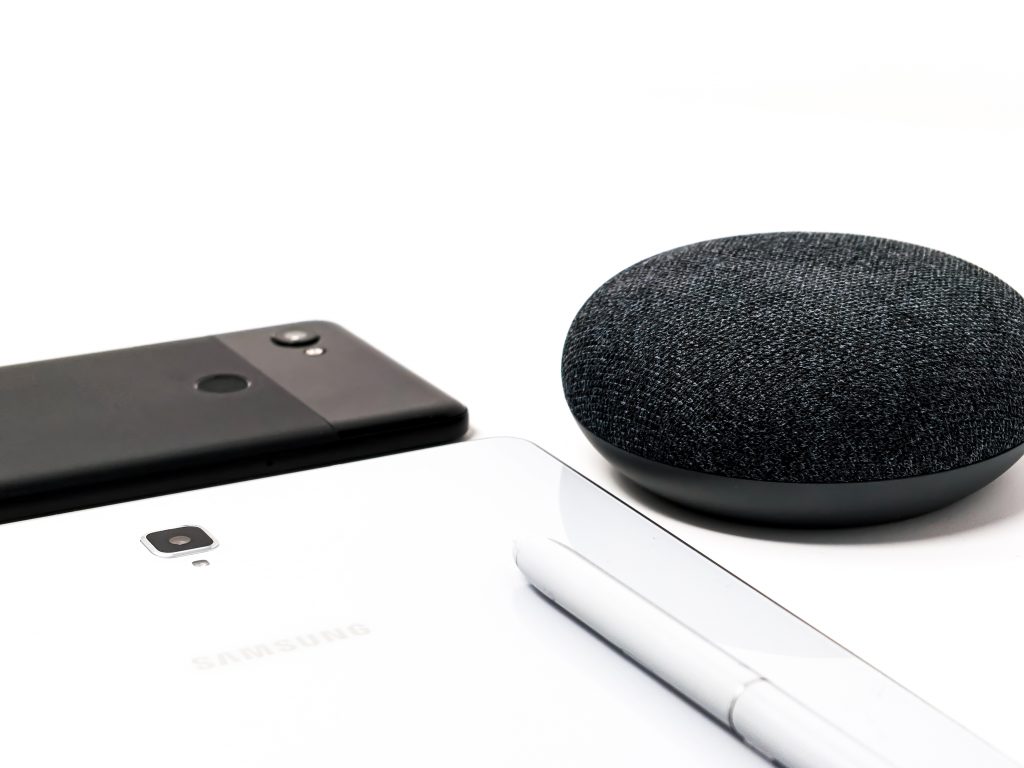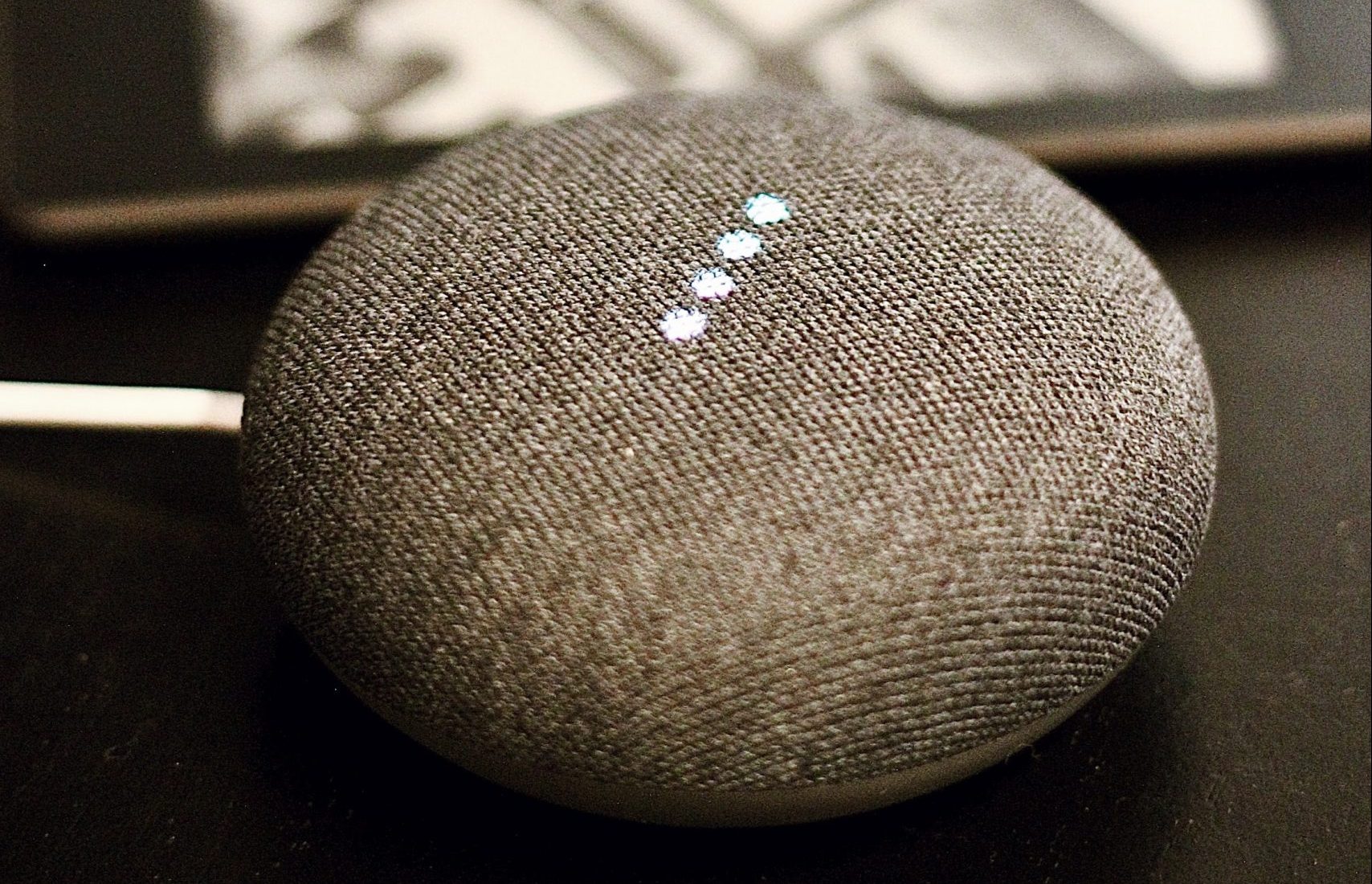Voice assistants have become popular amongst consumers. For example, you might have heard people speak to their smart speakers like Google Home or Amazon Echo with queries such as “what’s the weather for tomorrow?” and “where’s the nearest mechanic?”
You can also carry out voice search via your smartphone, smart device, or computer; saving the time of having to physically type your search into a search engine and press enter.
These have evolved even further, with smart voice assistants on Google Home that allow one to ask a question that the device will need to connect to a consumer brand to answer.
For example, here in Australia, a consumer at home can query: “Ok Google, ask Blackmores for my health tip of the day”. In this instance, Google is connecting to Australian vitamin company Blackmores and relaying information to consumers, allowing people to associate Blackmores with a conveniently helpful experience.
This ultimately creates an opportunity to add value to consumers, whilst positioning your brand front of mind in a setting currently largely underutilised.

Statistics on Voice Assistants
Here are some valuable statistics to consider ahead of considering developing solutions for smart voice assistants:
- 13% of all homes in the USA owned a smart speaker in 2017, with that number predicted to rise to 55% by 2022 (OC&C Strategy Consultants).
- 52% of smart speaker owners would like to receive information about deals, sales, and promotions from brands, and 39% would like to receive options to find business information (Google).
- Global smart speaker sales will surpass $30 billion by 2024. Smart speakers will soon be among the top-selling consumer electronic products (Global Market Insights).
Moreover, Adobe has recently released a survey that found 48% of consumers are using voice for “general web searches”. It therefore goes without saying that voice search (and the use of voice assistants) is on the rise, and worth considering if you’re a consumer product business seeking points of differentiation.

Streamlined Sales: E-Commerce and Voice Search via Amazon Echo and Google Home
Amazon is successfully using its smart speaker Echo as a way to drive revenue. They make it simple for customers to order their favourite or top-ranking products, simply by asking virtual assistant “Alexa”. People are able to buy a product without even viewing it.
For example, one can ask their speaker at home who wrote a popular book, or who directed “Titanic”, and be guided towards purchasing the film on Blu-ray or DVD. Google has the same tactic, whereby a search of that nature means you can buy the film from the Google Play Store.
Taking Advantage as a Seller
If you’re an Amazon seller, this creates a unique opportunity. For example, if we look at a small business selling nut-free chocolate, one opportunity is to sell via Amazon. However, this can be taken one step further by optimising for voice search. With Amazon allowing customers to make purchases directly through Alexa, considering voice searches in your product optimisation could help to create an opportunity others are not yet seeking. Given this is such an underutilised marketing opportunity, it creates a vertical that creates a huge point of differentiation amongst your competitors.
Once someone registers Alexa on their Amazon Echo platform, voice purchase is enabled by default. Users can then ask for products and receive the top one or two options in the category in any search. The aim is to not just be the best ranking in the category, but to own the specific voice searches too.
Allow me to elaborate.
In the context of desktop, the strategy to capture new customers includes ranking for keywords users are likely to search for within Amazon (or their favourite product search engine).
In the context of voice assistants such as Amazon’s Alexa, we need to consider what people will ask Alexa (as opposed to searching with a keyboard). If we take our former example of the small business selling nut-free chocolate, if you can rank within a particular category that users are likely to search for when using voice, this could act as a revenue generator when customers as Alexa to “order some nut-free chocolate”.
A recent study suggested only 4% of businesses are “voice search ready”, so this may be a chance for you to get ahead of your competition.
Providing you’re a consumer product, and you see a clear strategy to separate yourself from your competitors, being “voice search ready” is certainly an avenue to consider.
If you have any questions pertaining to smart voice assistants, don’t hesitate to get in touch.




